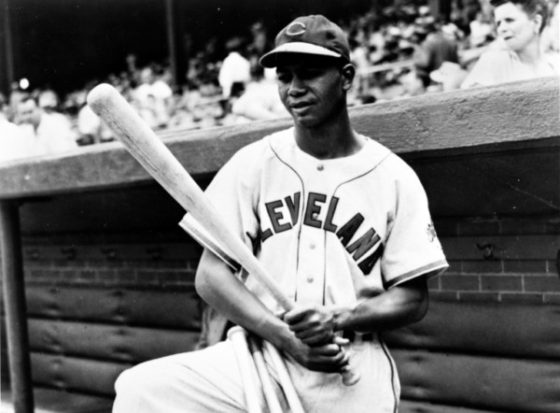Baseball is often referred to as America's national pastime, and it has a long and storied history. However, for many years, the sport was segregated, with black players barred from playing in the major leagues. That all changed on April 15, 1947, when Jackie Robinson made his debut with the Brooklyn Dodgers, becoming the first black baseball player in the major leagues.

Early Life and Career
Jackie Robinson was born in Cairo, Georgia, in 1919. His family moved to California when he was a child, and he excelled in sports throughout his youth. After attending UCLA, he played semi-professional football and baseball before being drafted into the Army during World War II.
After the war, Robinson played for the Kansas City Monarchs of the Negro Leagues, where he caught the attention of Brooklyn Dodgers general manager Branch Rickey. Rickey was determined to integrate baseball and believed Robinson had the talent and character to be the first black player in the majors.
Breaking the Color Barrier
Robinson faced intense racism and discrimination throughout his career, both on and off the field. He was subjected to racial slurs, death threats, and physical violence from fans, opposing players, and even some of his own teammates. However, he remained steadfast in his commitment to integration and became a symbol of hope and inspiration for black Americans.

On his debut with the Dodgers, Robinson went 0-for-3 but scored the winning run in a 5-3 victory over the Boston Braves. He went on to have an outstanding rookie season, batting .297 and stealing 29 bases. He was named Rookie of the Year and helped lead the Dodgers to the World Series.
Over the course of his ten-year career, Robinson was a six-time All-Star, won the National League MVP award in 1949, and helped lead the Dodgers to six pennants and their first World Series championship in 1955. He retired in 1956 with a career batting average of .311.
Lifetime Legacy
Robinson's impact on baseball and American society cannot be overstated. He paved the way for future generations of black players and helped to break down racial barriers in sports and beyond. He was inducted into the Baseball Hall of Fame in 1962, and his number 42 has been retired by every major league team in honor of his contributions to the sport.

Robinson passed away in 1972 at the age of 53, but his legacy lives on. He is remembered as a pioneer, a hero, and a symbol of courage and perseverance in the face of adversity.
Conclusion
Jackie Robinson's career was groundbreaking and inspirational, and his impact on baseball and American society continues to be felt today. His legacy serves as a reminder of the importance of inclusion, diversity, and equal opportunity, both on and off the field.